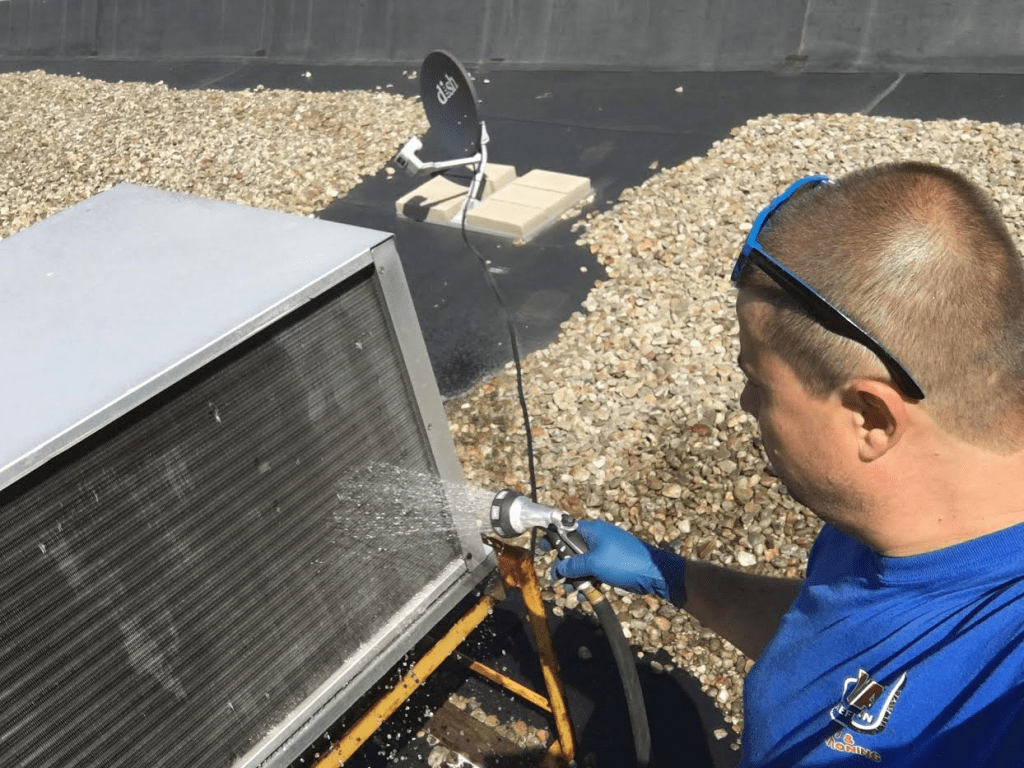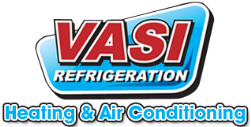
Have you serviced your heating, ventilating and air conditioning (HVAC) system for the fall period? Whether you are a homeowner or a property manager, you will need to find a reliable HVAC professional to help you service your HVAC system. A well maintained and serviced HVAC system is highly efficient in both its functionality and energy consumption.
Most heating demands in many homes and commercial buildings account for about 33% of the total energy consumption. Therefore, you should ensure that your fall HVAC system is working efficiently to significantly reduce your HVAC system energy consumption. Below are some insightful tips on fall HVAC preventive maintenance.
Fall HVAC Preventive Maintenance Tips
1. Replacement of Your HVAC System
You should consider the age of your heating system before you do anything. Heating systems that are more than 10 years old are only 50-60 % efficient. Therefore, you should consider replacing the whole HVAC system. Today, gas furnaces available in the market boast of efficiency ratings that are as high as 97%.
2. Clean or Replace Air Filters
Dirty HVAC filters restrict airflow and reduce the entire efficiency of the HVAC system. If you have not cleaned or changed the air filters of your system for a while, now is the perfect time to do it. This should be done on a monthly basis.
3. Adjust the Supply Register
Remember, cold air falls and hot air rises. So when the weather cools, you should open a few of the supply register on the first floor and close a few on the second floor. This will facilitate the heating of your commercial building in a more efficient way.
4. Calibrate the Thermostat
Correct calibration greatly enhances the efficiency of your heating.
5. Investing in a Programmable Thermostat
A programmable thermostat enables you to manipulate the cooling and heating of your office building. So you can easily set the thermostat at different temperatures for different times of the day. Use of this type of thermostat reduces the heating cost by 20-75%.
6. Professional HVAC Inspection
A professional contractor should inspect your HVAC system at least twice a year. The inspection is meant to detect any potential problems and ensure that the HVAC system is working as efficiently as possible. The HVAC inspection involves checking filters, inspecting electrical switches, belts, contacts, motors, safety switches, gas pressure, and refrigerant levels.
7. HVAC Maintenance Agreement
Fall HVAC maintenance agreement is a great way to keep your system at peak performance. Having an HVAC maintenance agreement not only gives you the advantage of priority service in the event of system failure, but also ensures that your checkups are done on schedule. This agreement will help you save money in the long run.
